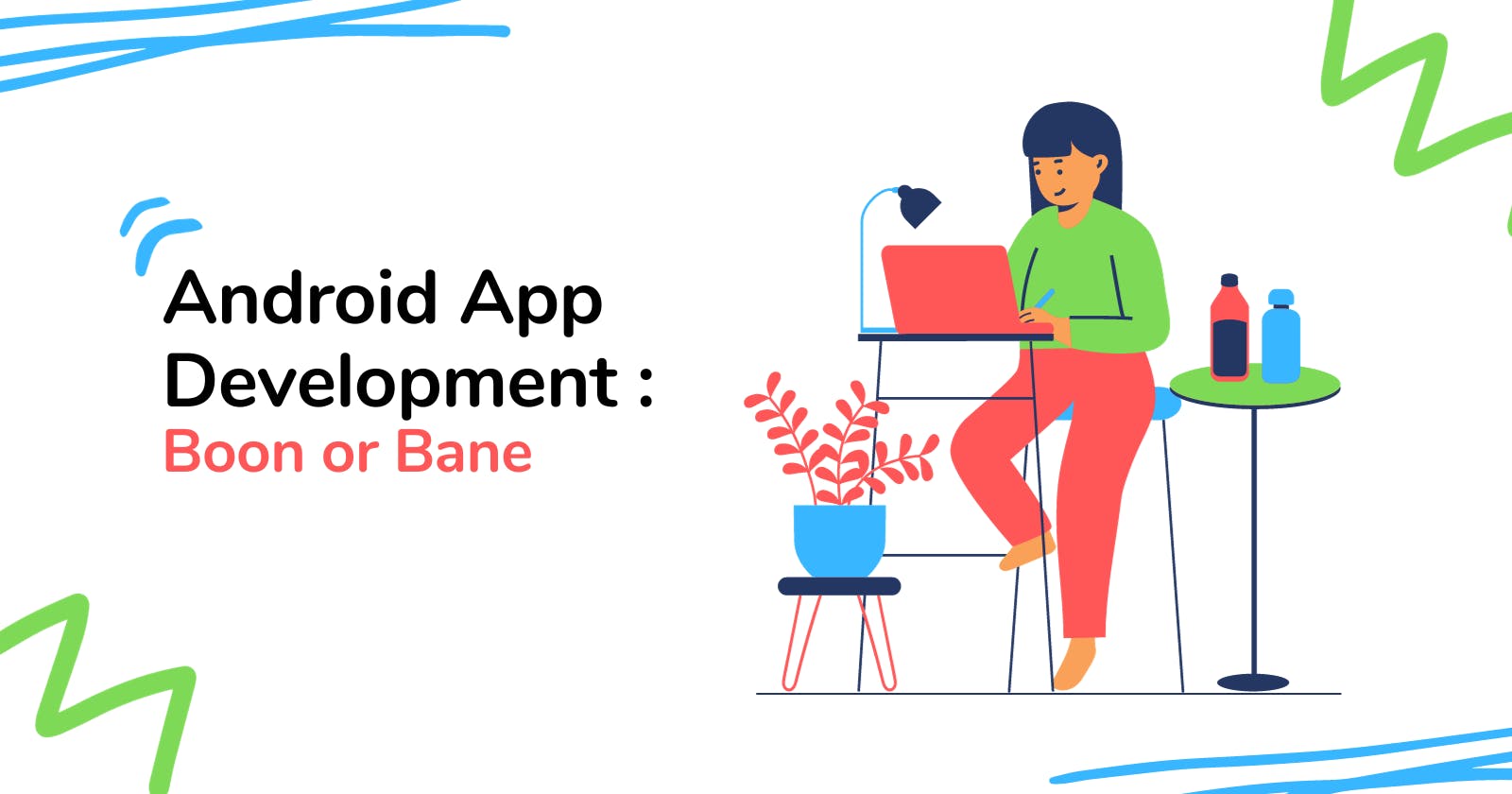We’ve all heard the debate between Android and iOS from a consumer standpoint—ourselves. Ever thought about it from the perspective of the producer? Let’s assume we’re Rockstar Games, just about to announce plans to release a remaster of Grand Theft Auto 3 for mobile devices. Do they really even need to consider Android users? Why or why not? Let’s dive further into this.
Why Might You Choose Not To?
You might have noticed how, a lot of times, apps just run better on iPhones than on Android devices. Why do you think that happens? Well, when you think about it, it’s rather straightforward. When you need to create an app for an iOS device, you need to create an app to work with a handful of devices (let’s say iPhone 6-15). However, when it comes to Android, in 2015, there were a total of 24,000 distinct Android models. Considering how 2015 was 8 years ago, we would’ve reached an even larger number today. All the different brands that use Android (remember Android is an open-source software) put it to use in their unique ways. We have Samsung with “OneUI”, Xiaomi with “HyperOS”, Vivo with “FuntouchOS”, OnePlus with “OxygenOS” etc. Creating an app to work with most devices would be straightforward, but then working on optimizing it? That would be insane having to sit and fix bugs for specific devices, wouldn’t it?
So Then Why Should You?
- A Larger Audience
Android is the most popular operating system on this planet. There are an estimated 7.33 billion active Android devices as of 2023.
“Android maintained its position as the leading mobile operating system worldwide in the third quarter of 2023, with a market share of 70.5 percent. Android's closest rival, Apple's iOS, had a market share of 28.8 percent during the same period.”

For developers, this means that creating apps for Android gives them access to the largest group of mobile users they could potentially get. Android’s market share in India is a whopping 95.37% of active mobile devices while iOS is just 3.87%. The only country where the number of iOS users is greater than Android is the US, where iOS has 56.64% of the market share compared to Android’s 42.84%.

That is still a relatively large number of Android devices, so there is reachability.
$Ka-ching$ indeed.
- “I am Speed”
Lightning McQueen? No, I’m talking about how long it takes to publish an Android app over one for iOS. Android apps typically take less time to be up on their respective app stores. This is primarily because fewer requirements are leading to a quicker approval process. This also means that updates to bug fixes can get pushed out as soon as possible.

“Pitstop.” (- Guido)
Android also offers a variety of tools to make this process as streamlined as it can be, Gradle allows developers to compile their codes into an APK (Android Application Package). Android Studio (the official IDE designed specifically for Android development) also has a variety of features that make development more accessible for a larger group of people.
- Open Source for the Win
While Apple's closed ecosystem ensures stability, Android's open-source nature offers transparency. Developers have the opportunity to review the operating system code, empowering them to optimize their apps effectively. This openness, however, doesn't imply an easy-going approach to app approval. Android apps are subject to scrutiny before publication, striking a balance between openness and quality control. Open source does not mean that anything and everything would pass as acceptable, but it does grant more possibilities.
In conclusion, the Android vs. iOS debate for producers presents a complex landscape of challenges and opportunities. Join us in January for Android Study Jams, where we will delve deeper into app development using Android Studio.
Kachow, readers!
This post was written by Pranit Thomas
